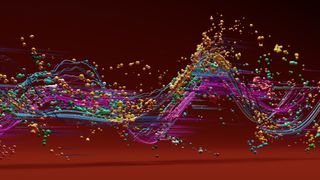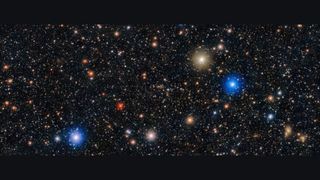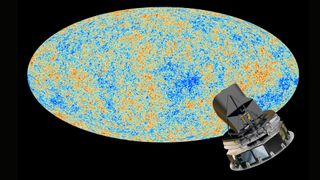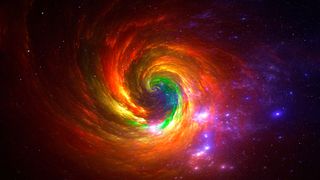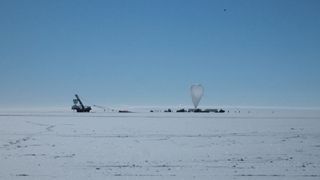Physics & mathematics news, features and articles
Explore Physics & Mathematics
Editor's Picks
Latest about Physics & Mathematics
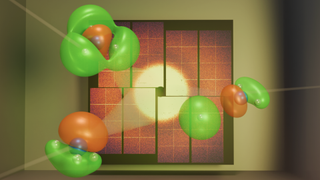
Scientists watch a single electron move during a chemical reaction for first time ever
By Larissa G. Capella published
For the first time, scientists visualized how electrons behave during a chemical reaction, which could help reduce unwanted byproducts in future chemistry.

Why can't we walk through walls if atoms are mostly empty space?
By Larissa G. Capella published
Most of an atom is empty space, so why does some matter feel solid? Two physics principles explain why.
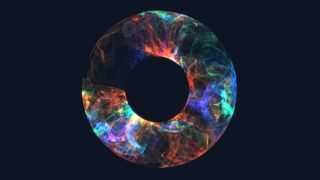
Meet the 'neglectons': Previously overlooked particles that could revolutionize quantum computing
By Larissa G. Capella published
When mathematicians revived ignored mathematical structures, they found that overlooked particles, called "neglectons," could complete the quantum computing puzzle.
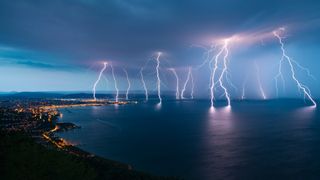
Lightning on Earth is sparked by a powerful chain reaction from outer space, simulations show
By Ben Turner published
A new model may have finally solved where storm clouds get their missing energy.
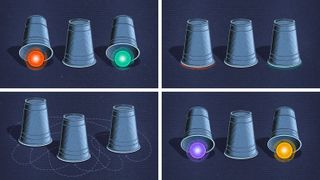
'Paraparticles' would be a third kingdom of quantum particle
By Shalma Wegsman published
A new proposal makes the case that paraparticles — a new category of quantum particle — could be created in exotic materials.
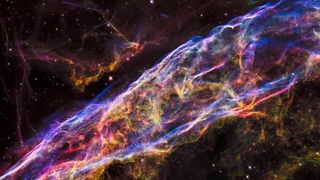
Where do atoms come from? A physicist explains.
By Stephen L. Levy published
Almost everything on Earth is made up of atoms, but where do these fundamental building blocks come from?
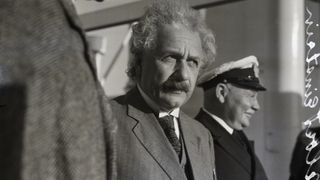
'Dreadful danger for all mankind': Einstein's powerful anti-war letter goes up for auction
By Joanna Thompson published
A fiery letter written by Albert Einstein in 1954 is going to auction. The letter details Einstein's thoughts on his part in developing atomic weapons, and hails Mahatma Gandhi as a political genius.
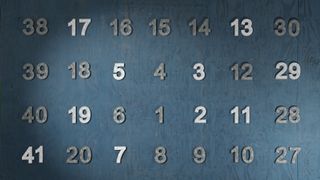
Mathematicians discover a completely new way to find prime numbers
By Rachel Crowell published
Using a notion called integer partitions, mathematicians have discovered a new way to detect prime numbers while also connecting two areas of math in an unexpected way
Get the world’s most fascinating discoveries delivered straight to your inbox.
 Live Science Plus
Live Science Plus










